
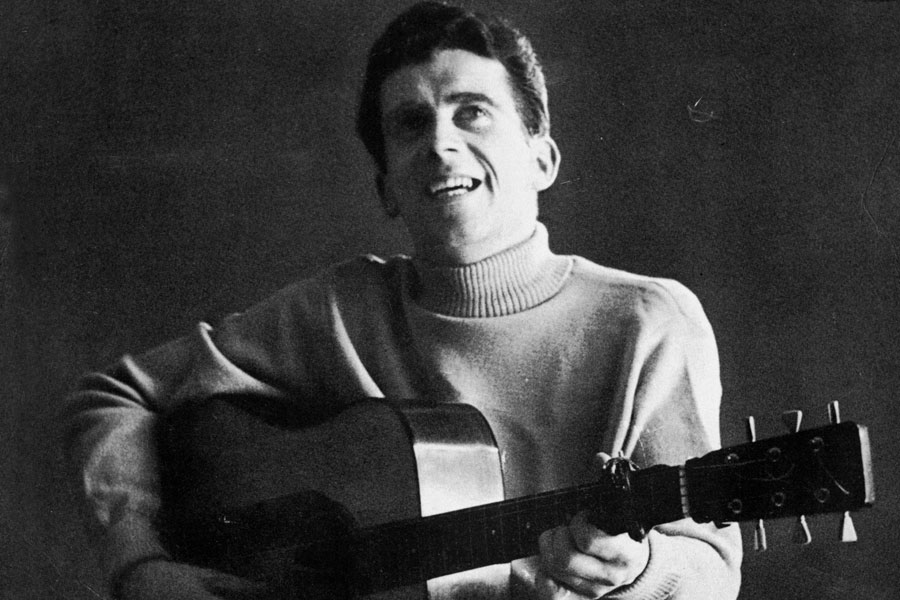
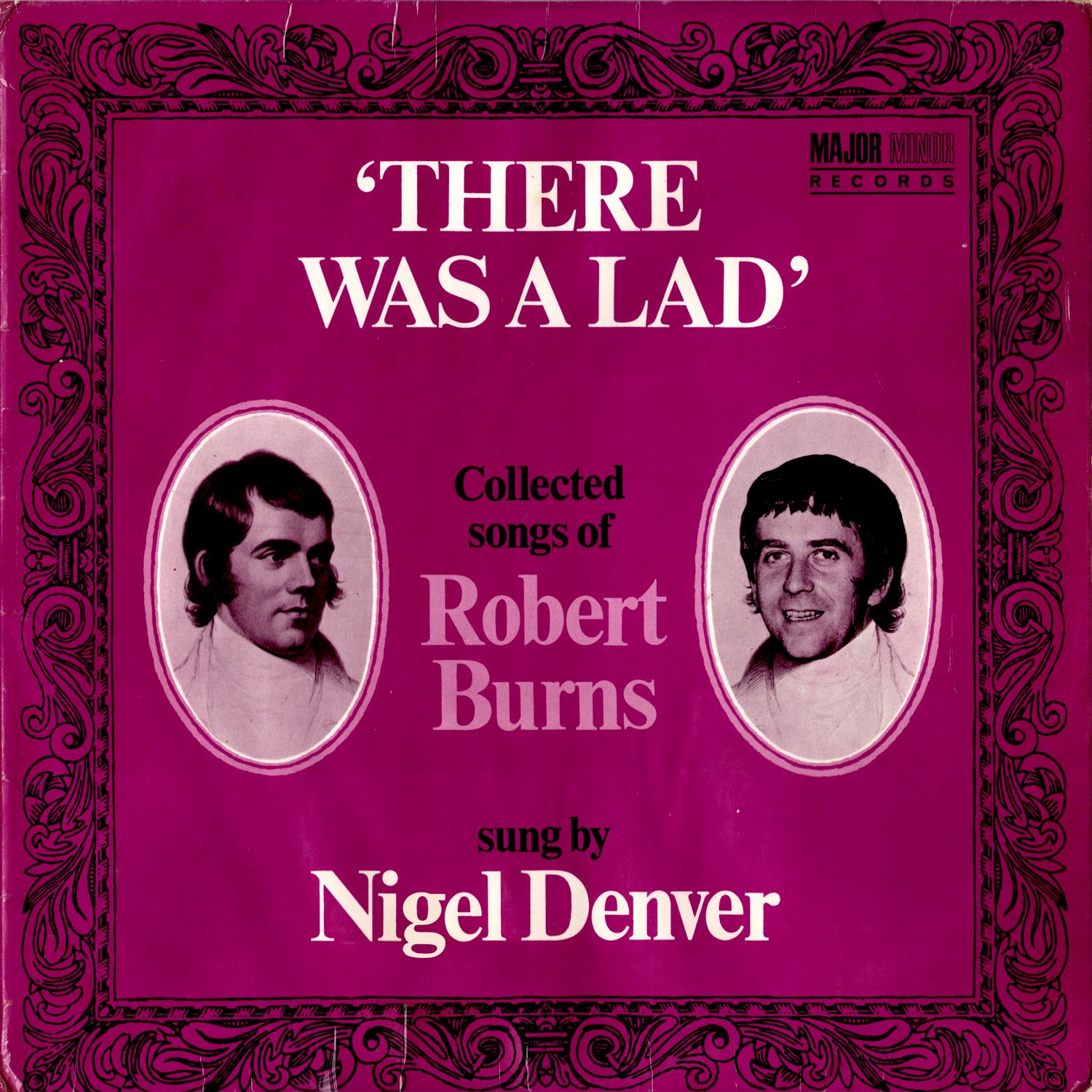 |
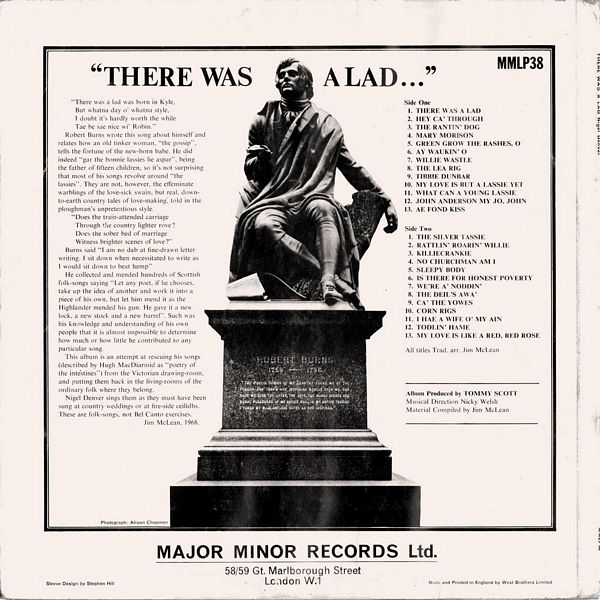
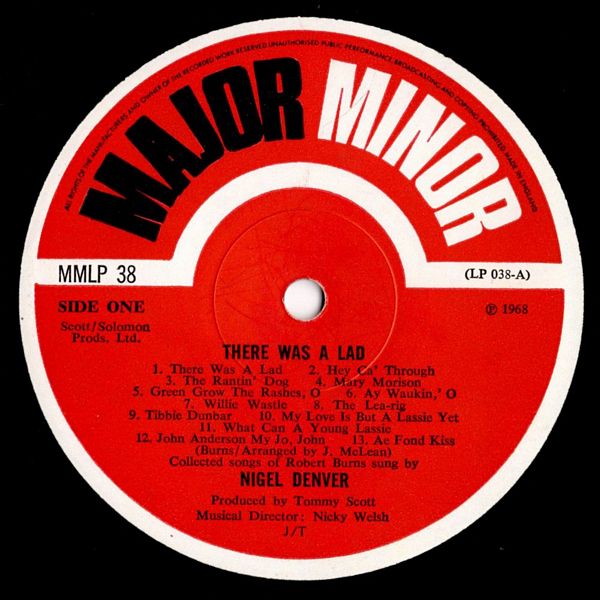
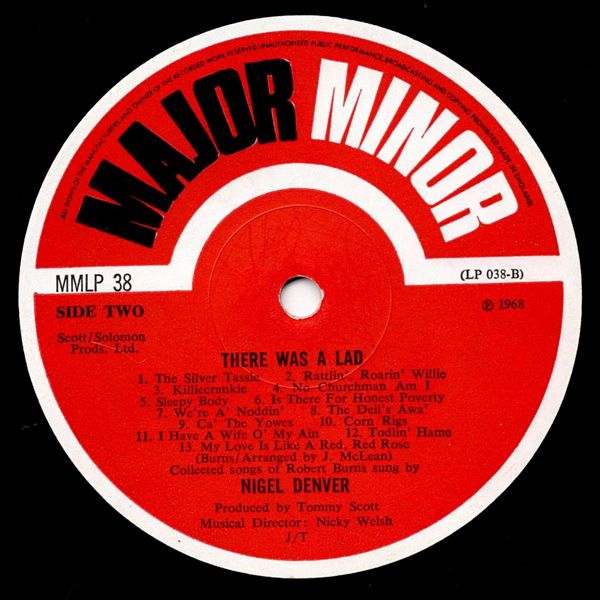 |
Sleeve Notes
"There was a lad was born in Kyle,
But whatna day o' whatna style,
I doubt it's hardly worth the while
Tae be sae nice wi' Robin."
Robert Burns wrote this song about himself and relates how an old tinker woman, "the gossip", tells the fortune of the new-born babe. He did indeed "gar the bonnie lassiesjie aspar", being the father of fifteen children, so it's not surprising that most of his songs revolve around "the lassies". They are not, however, the effeminate warblings of the love-sick .swain, but real, down-to-earth country tales of love-making', told in the ploughman's unpretentious style.
"Does the train-attended carriage
Through the country lighter rove?
Does the sober bed of marriage
Witness brighter scenes of love?"
Burns said "I am no dab at fine-drawn letter writing. I sit down when necessitated to write as I would sit down to beat hemp".
He collected and mended hundreds of Scottish folk-songs saying "Let any poet, if he chooses, take up the idea of another and work it into a piece of his own, but let him mend it as the Highlander mended his gun. He gave it a new lock, a new stock and a new barrel". Such was his knowledge and understanding of his own people that it is almost impossible to determine how much or how little he contributed to any particular song.
This album is an attempt at rescuing his songs (described by Hugh MacDiarmid as "poetry of the intestines") from the Victorian drawing-room, and putting them back in the living-rooms of the ordinary folk where they belong.
Nigel Denver sings them as they must have been sung at country weddings or at fire-side ceilidhs. These are folk-songs, not Bel Canto exercises.
Jim McLean, 1968